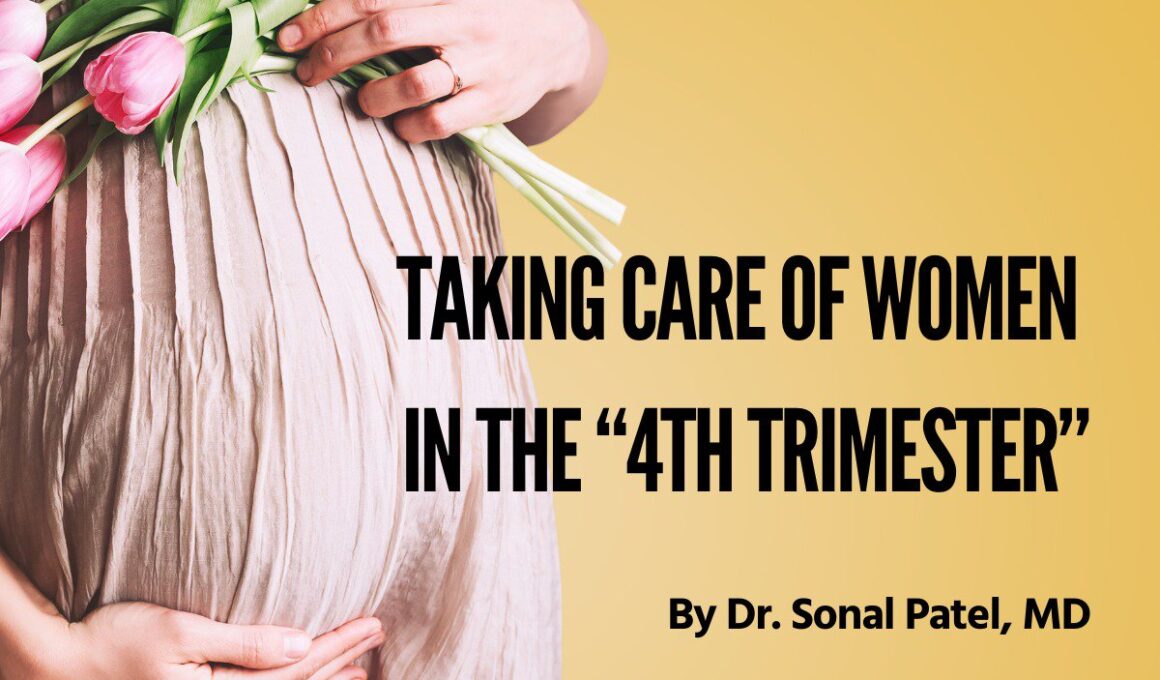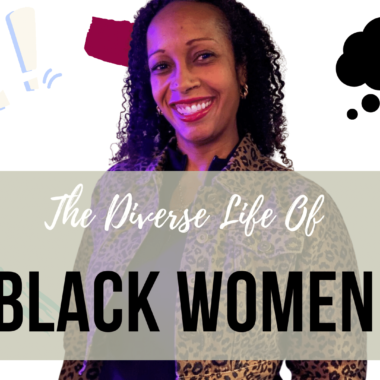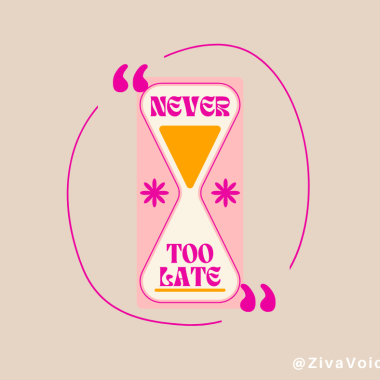By Dr. Sonal Patel, MD
God gave me four boys, took my alcohol away, and started a conversation.
I am blessed with four boys. Yes, it is a life filled with simple, beautiful chaos. No, it wasn’t planned, and no, we weren’t pining for a girl.
I met my husband in college. We were long distance throughout medical school and then our careers landed us in New Orleans, Louisiana. In “NOLA,” I learned to be a pediatrician, to open my eyes to the beauty of life, and how to drink. Tequila on the rocks with a splash of tequila and a hint of lime was my go-to, and especially margaritas from Superior Grill or Hurricanes in the French Quarter. It felt like alcohol flowed through the rhythm of the city.
Our careers led my husband and me to Boston, Massachusetts where hopes of becoming a tequila connoisseur were squashed by the outrageous drink prices. (Seriously, $20 for one drink!!) We ultimately decided to expand our family and move to Denver. Here, we were blessed with three additional sons.
Six months after the birth of my fourth son, I was diagnosed with interstitial cystitis, a chronic, painful bladder syndrome.
Healing required abstaining from all things wonderful – from chocolate to alcohol. Sleep, drastic change in diet, mindfulness, and a reduction in stress were mandated in the midst of raising four boys. Hilarious.
How did I get here?
In reviewing my history, all answers pointed to my postpartum period. Four deliveries had wreaked havoc on my body, physically, emotionally, and mentally. After each of my four deliveries, I obediently followed the medical system, hobbling diligently to the pediatrician appointments just days later. Concerns about my own healing were outweighed by the maternal instinct to make sure my newborns were healthy. My babies each had five appointments in their earliest days, while I received one six-week follow-up.
This current postpartum medical care structure placed a heavy emphasis on my baby's health in lieu of mine and caused me to trek under challenging circumstances to receive medical care. A medical system placing pressures on my doctor’s time led to missed education and diagnosis.
Through my pregnancies and postpartum, I suffered several morbidities (the presence of multiple diseases and medical conditions – chronic or acute – in one person) and had two complications increasing my mortality risk.
I am a physician, what about other mothers?
Recently, maternal mortality has become the forefront of national conversation due to the United States maternal deaths ranking highest in developed countries (NIH 2021). High variability occurs state-to-state with Colorado ranked fifth lowest. However, Colorado’s maternal deaths have been rising with profound racial disparities seen within the BIPOC communities (CDPHE 2020). Moreover, the data do not capture maternal morbidity, birth trauma, or near misses. Trends of morbidity, similar to maternal mortality, are trending upward. Confounding factors include advanced maternal age, hypertension, and diabetes. Research and data related to race and other effects are still lacking. Plus, more common impairments such as urinary and bowel incontinence and pelvic dysfunction disorders tend to be underreported. (Reproductive Health 2018).
Two-thirds of maternal deaths occur after the baby’s birth during the postpartum period (CDC 2022).
The postpartum period, traditionally defined as the 12 weeks following birth, is now sometimes called the fourth trimester of pregnancy. Dr. Harvey Karp coined this term in 2002, recognizing that “full-term” babies are actually born about three months early. Human evolution caused this disparity by favoring bigger brains and upright posture.
Standing upright led to smaller pelvic sizes, resulting in early birth. Newborns now need an extra three months to adapt outside the womb, thus the fourth trimester (Karp, 2002).
Society glosses over, and often dismisses, the postpartum period. Pregnancy is celebrated for 10 months when the baby is growing, but after delivery, a mother is expected to breastfeed, care for older children, and to simply “bounce back.” This might sound harsh, but it’s a reality for most women.
For new mothers, the first obstetric appointment doesn’t occur until six weeks post-birth. A newborn, meanwhile, receives medical care just days after hospital discharge. Such fragmented, imbalanced postpartum care prioritizes infants and overlooks mothers, fueling maternal mortality and glossing over their morbidity.
Postpartum obstetric appointments are changing. In its 2018 statement addressing maternal postpartum care, the American College of Obstetrics and Gynecologists (ACOG) advocates “that postpartum care should be an ongoing process…with visits within the first three weeks” of delivery. The group also outlines an algorithm for women with higher-risk postpartum complications.
In 2021, Medicaid expanded maternal coverage for postpartum up to a year; each state now has to decide implementation.
Dr. Sonal Patel, MD is a board certified Pediatrician and a Neonatogolist at NayaCare: Newborn Speciality Clinic.
Her education has been centered on infant nutrition and its impact on infant development.
Her own personal experiences have taught her the importance of maternal wellness.











